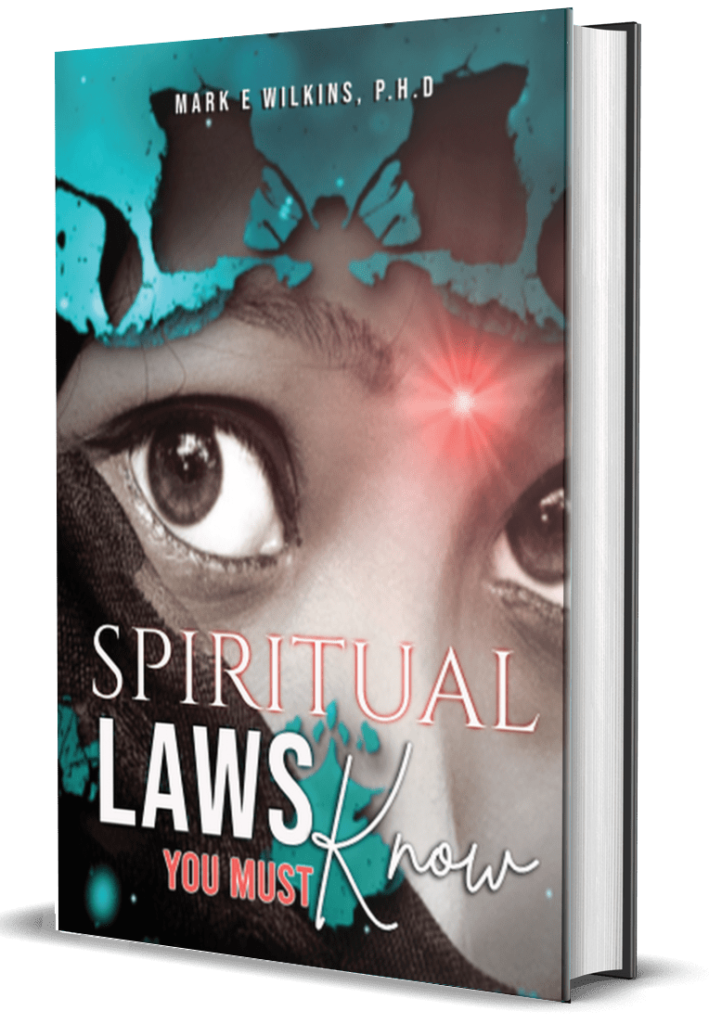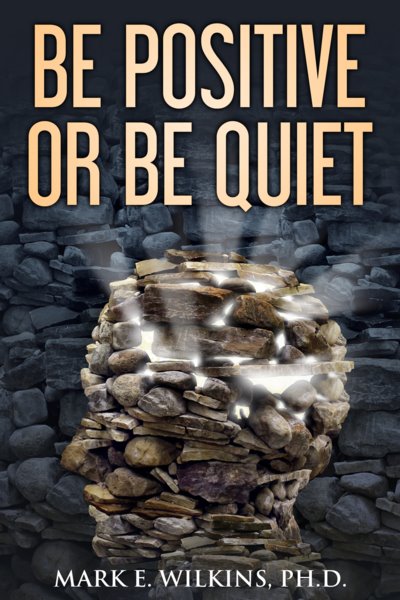
If you grew up in a home where alcohol addiction was present, you might find yourself grappling with its lasting effects. Alcohol Addiction Is a Childhood Trauma Response. This environment often breeds childhood trauma, manifesting in heightened anxiety, depression, and unhealthy coping mechanisms. You were exposed to unpredictable emotional climates, which may now make it harder for you to trust others or feel secure. Challenges in academic and social settings are common, and you may find yourself repeating patterns seen in childhood. Fortunately, understanding these influences is the first step in breaking the cycle. Exploring further can offer insights into effective strategies that support healing and recovery.
Key Takeaways
- Alcohol addiction in homes often leads to childhood trauma due to family instability and unpredictable behavior.
- Children exposed to such environments may develop emotional numbness, guilt, and shame.
- Long-term effects include behavioral issues like aggression and social withdrawal, impacting relationships and academic performance.
- Coping mechanisms from this trauma include risky behaviors and poor emotional regulation.
- Recovery involves therapy, self-care practices, and building strong support systems to address and heal from the trauma.
Origins of Childhood Trauma
Childhood trauma often starts in homes where alcohol addiction prevails. In these settings, family dynamics are frequently strained, marked by instability and unpredictability. As a child, your early experiences in such an environment might involve witnessing frequent conflicts or experiencing neglect, which profoundly shapes your psychological landscape.
This chaotic atmosphere fosters a continuous state of alertness—hypervigilance—as you learn to anticipate and react to potential threats. This heightened state of awareness isn’t just a vital response; it engrains coping mechanisms that can persist into adulthood.
These adaptations, while initially protective, may evolve into less adaptive behaviors as the context changes. In the absence of stable and supportive relationships, you might struggle to develop healthy emotional connections. Support systems play an essential role in mitigating these effects.
Access to caring adults, whether relatives, teachers, or counselors, can provide you with alternative models of relationships and behavior. These figures can introduce coping strategies that are more constructive, helping you navigate your emotions and interactions more effectively. Understanding and addressing these early traumatic experiences with compassion and evidence-based interventions is key to fostering resilience and promoting healing.
Emotional Impacts and Symptoms

Understanding the origins of childhood trauma provides a foundation for recognizing how deeply alcohol addiction in parents affects emotional development. You might be experiencing symptoms like emotional numbness, or feelings of guilt and shame, which are common responses to such early adverse experiences.
The constant exposure to uncertainty and instability can severely disrupt your ability to regulate emotions, leading to anxiety or depression. This struggle with emotional regulation often results in the development of coping mechanisms that may not always be healthy, such as withdrawal or aggression.
It’s essential to acknowledge these experiences to foster inner healing. You may find forming and maintaining healthy relationships challenging due to fears of abandonment or rejection, stemming from the instability you felt in childhood. These issues can deeply affect your self-esteem, leaving you feeling unworthy or inadequate.
However, by understanding these impacts, you can begin taking steps towards recovery and healing. Addressing these emotional scars can lead to building more robust emotional regulation skills and healthier relationships. Remember, the journey to recovery is a step towards reclaiming your well-being and establishing a life where you feel secure and valued.
Long-Term Behavioral Consequences

Many children who grow up in homes with alcoholic parents display behavioral issues such as aggression and impulsivity, which often extend into adulthood. These patterns of behavior profoundly impact your social relationships, making it challenging to form and maintain healthy connections. You might find yourself struggling with trust and intimacy, often a direct result of the emotional unpredictability you experienced during childhood.
Your academic performance may also suffer as a consequence. The instability at home can lead to difficulties concentrating and a lack of motivation, which are essential for academic success. Over time, these educational challenges can limit your career opportunities and perpetuate feelings of low self-worth.
Self-esteem issues are common, as the chaotic home environment can prevent the development of a positive self-image. You might constantly question your value and capabilities, which can lead to persistent self-doubt in many areas of life.
Engaging in risky behaviors becomes a more tempting escape route when you’re dealing with unresolved trauma. Substance use, reckless driving, or unsafe sexual practices might seem like immediate solutions to emotional pain but can further impair your mental health, creating a cycle that’s hard to break without appropriate intervention and support.
Coping Mechanisms and Strategies

While dealing with the scars of growing up in a household marked by alcoholism, it’s necessary you develop healthy mechanisms to manage and mitigate the lasting effects. Engaging in mindfulness practices can be a powerful tool. These practices help you stay present and grounded, reducing feelings of anxiety and depression that often stem from childhood trauma.
Incorporating hobbies for healing into your routine is also advantageous. Whether it’s painting, writing, or gardening, these activities provide an outlet for expression and can be incredibly therapeutic. They allow you to channel your emotions constructively, fostering a sense of accomplishment and peace.
The benefits of therapy can’t be emphasized enough. A skilled therapist can guide you through the complexities of your experiences, helping you understand and process your emotions. Therapy offers a structured environment for recovery and learning effective coping strategies tailored to your needs.
Building a strong support system is vital. Surround yourself with friends, family, or support groups who understand your background and offer empathy and encouragement. This network can provide necessary emotional support and validation.
Lastly, prioritize self-care activities. Regular exercise, adequate sleep, and proper nutrition are fundamental in maintaining your mental health and resilience. These acts of self-care are essential in reinforcing your overall well-being and helping you navigate life more smoothly.
Healing and Recovery Pathways

Nearly all individuals who’ve grown up with alcoholic parents face significant challenges in their journey towards healing and recovery. Acknowledging the impact of this trauma is your first step. You’ll need to explore various therapy options that cater specifically to your unique experiences and emotional needs. Therapy can help you challenge and reshape the negative beliefs that you’ve carried into adulthood.
Self-care practices are also essential. These aren’t just bubble baths and rest; they involve setting boundaries, learning to say no, and prioritizing your mental health daily. Building resilience comes next. It’s about strengthening your ability to cope with life’s stressors without falling into old patterns.
Overcoming hypervigilance is important. This often means relearning how to relax and trust in your environment, which isn’t easy but is achievable with consistent effort and support.
Here is a brief overview of what your recovery might involve:
| Focus Area | What It Involves | Why It’s Essential |
|---|---|---|
| Therapy options | Individual, group, family therapy | Addresses specific trauma roots |
| Self-care practices | Boundaries, relaxation, health routines | Ensures personal well-being |
| Building resilience | Coping strategies, emotional regulation | Prepares for future stressors |
| Challenging beliefs | Cognitive restructuring, affirmations | Corrects dysfunctional thoughts |
| Overcoming hypervigilance | Mindfulness, grounding techniques | Reduces constant alertness |
Embrace these pathways with patience and compassion towards yourself. You’re not just healing; you’re transforming.
Frequently Asked Questions
Is Alcoholism a Trauma Response?
Alcoholism can indeed be a trauma response. You might find that it serves as a coping mechanism for managing emotional regulation difficulties stemming from trauma. Genetic predisposition, environmental triggers, and neurological impacts also play significant roles. Understanding these factors is vital for addressing the root causes and breaking the cycle of addiction.
It’s important to approach this issue with compassion, recognizing the deep-seated reasons behind someone’s struggle with alcohol.
Is Addiction a Trauma Response?
Yes, addiction often is a trauma response. You might find yourself using substances as coping mechanisms against deep-seated emotional triggers. These behaviors can stem from adverse childhood experiences, leading you to self-medicate to dull the pain.
Recognizing this can be pivotal in your healing process, offering a pathway to address these underlying issues compassionately and effectively, rather than continuing a cycle of dependency.
Is Being a Child of an Alcoholic Trauma?
Yes, being a child of an alcoholic often results in trauma.
You might experience generational trauma, childhood neglect, and emotional dysregulation due to unstable family dynamics.
This environment can lead you to self-medicate as a coping mechanism.
Understanding these impacts is essential for healing and preventing further psychological distress.
Recognizing this can help you seek appropriate support and therapy to address these deep-seated issues.
What Are the Top 3 Forms of Trauma That Lead to Addiction?
The top three forms of trauma leading to addiction are neglect, emotional abuse, and household dysfunction.
Neglect impacts your development, often resulting in poor coping mechanisms.
Emotional abuse deeply affects your self-esteem and can alter your social environment interactions, increasing reliance on substances.
Household dysfunction, including exposure to addiction, intensifies these effects, potentially exacerbated by genetic predispositions, making it essential to address these traumas holistically.
Take the Next Step, Make An Appointment

Do not be afraid to reach out to me, Mark , to assist you in any issues you might have. Need a good listener or someone to confidentially talk too? . Life Coaching is 45 minute session, once a week.
Self-Hypnosis is taught in one session, individual sessions or in a group, and lasts a lifetime. Most Hypnotherapy sessions including Age regression last 2 hours and EFT Sessions are usually handled with a one hour session
To make an appointment, first listen to the Pre-talk and fill out the Complementary Healthcare Provider Disclosure. The use the Contact Form to request an appointment with, Mark, The Bohol Hypnosis Expert.
Self-help downloads are available to help you with specific problems. The self-hypnosis program to teach you how to self-hypnotize yourself is available here.
Conclusion
You’re not alone in your journey. The scars of growing up with alcoholism shape profound survival skills. Ironically, these very adaptations—hyper-vigilance, heightened empathy, resilience—equip you uniquely to thrive despite early hardships. Embracing therapeutic support can transform these traits from mere survival tactics into tools for flourishing. Remember, healing is not just possible; it’s a pathway back to reclaiming the life you deserve, built on understanding and compassion.








